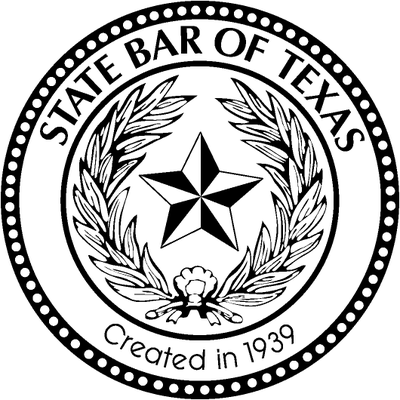What does discrimination on the basis of “sex” mean under Title VII?
When the Civil Rights Act was passed in 1964, it prohibited discrimination based on a lot of really big, important categories—such as race, national origin, religion, and sex. Back then, everybody knew what sex discrimination meant—it meant discrimination against women.
Now courts are having to decide: does discrimination on the basis of sex mean we’re just going to prohibit discrimination against someone because of his or her biological characteristics—that is, because he’s a man or because she’s a woman—or does it also prohibit discrimination based on sexual orientation and gender identity?
In the past, many courts have said no, it doesn’t: “sex,” as the term is used in Title VII, means biological characteristics, not sexual orientation or sexual identity. In response to those cases, Democrats have proposed the Employment Non-Discrimination Act (ENDA), which would add sexual orientation and gender identity as protected categories but which, given the current balance in Congress, is not likely to pass anytime soon.
Though this law hasn’t passed, we’re starting to see a shift in the way courts are addressing this topic. What more recent decisions have said—and what the EEOC said in an opinion earlier this year—is that Title VII prohibits discrimination not only on the basis of sex in the traditional biological sense but based on sexual stereotypes, or gender identity. So employers can’t discriminate against a woman because she doesn’t fit their idea of what a woman should be or against a man because he doesn’t fit their idea of what a man should be.
Because this is such a hot topic, all employers should be educating themselves regarding sexual stereotyping, looking at their policies with a critical eye, and revising any policy that penalizes employees for failing to conform to sexual stereotypes—for example, a dress code that requires women to wear skirts and men to wear a coat and tie.
Absent a true business necessity—or what’s called a bona fide occupational qualification (BFOQ) (Hooters, for example, might have a good argument that requiring its employees to conform to a sexual stereotype is a true business necessity), transgendered employees must not be penalized because of their gender identity.









